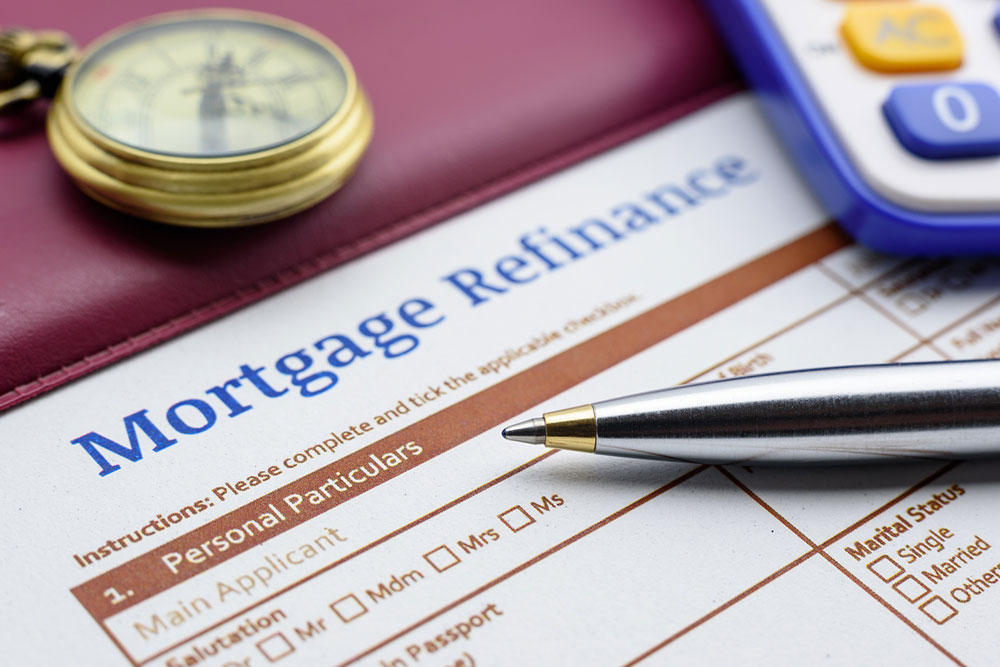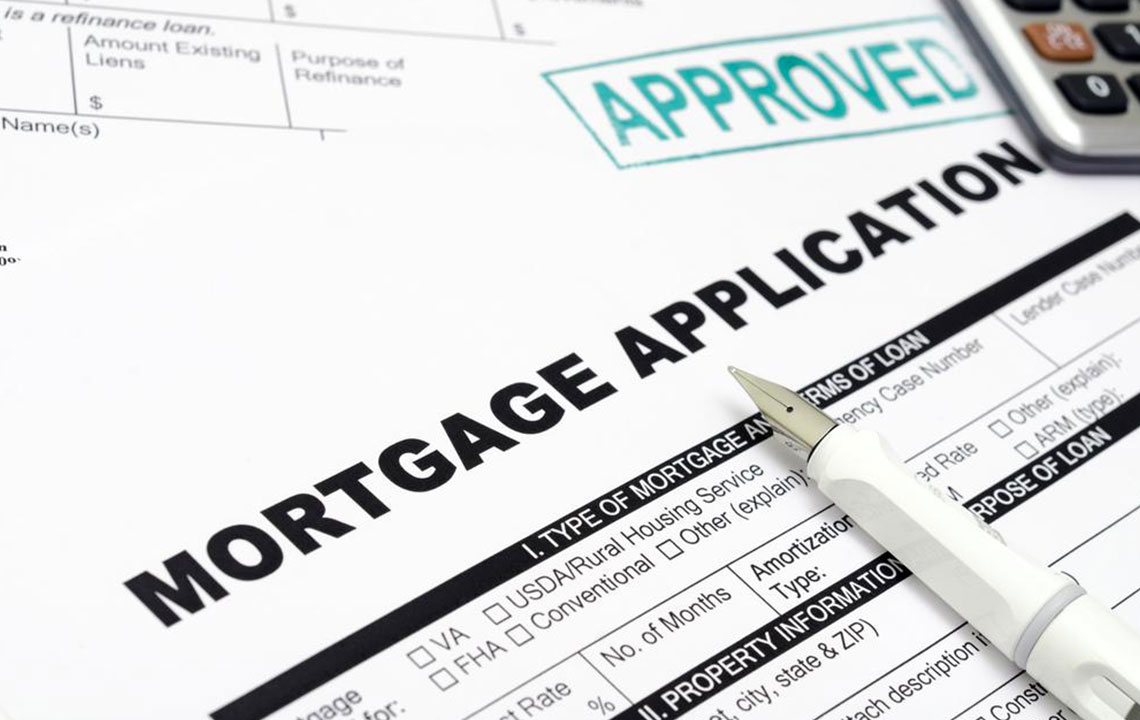Comprehensive Guide to Home Loan Refinancing: Benefits, Risks, and Key Considerations
This comprehensive guide explores the benefits and potential drawbacks of refinancing your home loan. It covers key aspects such as interest rate reductions, access to home equity, and associated costs. By understanding the intricacies of refinancing, homeowners can make well-informed decisions that align with their financial goals. The article emphasizes evaluating risks like prepayment penalties and rising total interest costs, ensuring readers are equipped to navigate the refinancing process confidently and effectively for long-term financial stability.

Comprehensive Guide to Home Loan Refinancing: Benefits, Risks, and Key Considerations
Refinancing your home mortgage is a significant financial decision that can open up new opportunities for homeowners. It involves replacing your existing mortgage with a new one, often with different terms, to better suit your current financial situation. While refinancing can provide several advantages, it also carries certain risks and costs that must be carefully evaluated. This detailed guide explores the comprehensive benefits and potential drawbacks of refinancing your home loan, helping you make informed choices aligned with your financial goals.
What Is Home Loan Refinancing?
Refinancing a home loan means paying off your existing mortgage with a new loan that offers different terms, such as lower interest rates, extended or shortened repayment periods, or alternative lending conditions. Homeowners typically consider refinancing to reduce monthly payments, access cash for large expenses, or alter their loan structure to better fit their long-term financial plans. This process may involve working with existing or new lenders, and it often requires a thorough review of your financial standing, credit profile, and current market conditions.
Key Benefits of Refinancing Your Home Loan
Lower Interest Rates: One of the most compelling reasons to refinance is to obtain a lower interest rate than your original mortgage. As your credit score improves over time and market interest rates fluctuate, you can qualify for more favorable rates. Securing a reduced interest rate can significantly decrease your monthly mortgage payments, freeing up cash flow for other financial priorities. Over the lifespan of the loan, this reduction can result in substantial savings on total interest paid, making refinancing a highly cost-effective strategy for many homeowners.
Reduced Monthly Payments: Lower interest rates directly translate into reduced monthly mortgage payments. This can enhance your monthly budget, reduce financial stress, and provide flexibility for other investments or expenses. For homeowners nearing retirement or those experiencing income fluctuations, lowering monthly obligations can be especially beneficial.
Access to Home Equity for Cash Withdrawal: Refinancing can help you tap into your home’s equity to fund major expenses such as home renovations, education costs, or debt consolidation. This cash-out refinancing involves creating a new mortgage larger than your current balance and taking the difference in cash, providing a lump sum that can be used immediately.
Debt Consolidation and Financial Planning: If you have high-interest debts, refinancing to access home equity allows you to consolidate multiple debts into a single, more manageable loan with potentially lower interest rates. This simplifies your finances and can improve your credit profile over time.
Portfolio Restructuring and Flexible Loan Terms: Homeowners may choose to refinance to switch from an adjustable-rate mortgage (ARM) to a fixed-rate mortgage, ensuring predictable payments during market fluctuations. Others may extend or shorten the repayment period to better align with their financial goals, whether that means lowering payments or paying off the mortgage faster.
Potential Drawbacks and Risks of Refinancing
Prepayment Penalties: Many existing mortgages include prepayment clauses that impose penalties if the loan is paid off early. These penalties can significantly increase the cost of refinancing, sometimes outweighing the benefits gained from a lower interest rate. It’s essential to review your current loan agreement and consult with your lender to understand any applicable penalties.
Closing Costs and Fees: Refinancing involves various costs including application fees, appraisal fees, legal and title service charges, and lender fees. These costs can add up to thousands of dollars, diminishing the financial benefits of refinancing, especially if you plan to stay in the home for a short period. Conducting a thorough cost-benefit analysis helps determine if refinancing is worthwhile in your specific situation.
Impact on Credit Score: The refinancing process may trigger a hard inquiry on your credit report, which can temporarily lower your credit score. Additionally, opening a new loan may impact your debt-to-income ratio. However, improved credit scores from better financial management or lower debt levels can be advantageous in the long term.
Longer Loan Term and Total Interest: Extending your loan term through refinancing can reduce monthly payments but may increase the total amount of interest paid over the life of the mortgage. Conversely, shortening the term can increase monthly payments but reduce overall interest—selecting the right term requires careful calculation aligned with your financial goals.
Market Risks: Fluctuating market interest rates can affect the terms available at refinancing. Locking in a rate when the market is high may lead to less favorable terms. Monitoring current market trends and timing your refinance appropriately are crucial for maximizing benefits.
Key Considerations Before Refinancing
Before moving forward with refinancing, homeowners should undertake a comprehensive assessment of their financial situation. Important considerations include:
Evaluating how long you plan to stay in the home – refinancing costs often only make sense if you plan to stay for several years to recoup the expenses.
Reviewing your credit report and aiming to improve your credit score beforehand for better loan terms.
Calculating the break-even point—the time it takes for savings from lower payments to outweigh the refinancing costs.
Comparing offers from multiple lenders to ensure competitive interest rates and favorable terms.
Understanding the full scope of costs involved, including all fees, taxes, and penalties.
Conclusion
Refinancing your home loan can be a powerful tool to improve your financial stability, reduce expenses, or unlock cash for significant life events. However, it is essential to weigh the benefits against the potential costs and risks. Careful planning, thorough research, and consultation with financial professionals can help you determine if refinancing is the right strategy for your long-term financial health. When done correctly, refinancing can lead to substantial savings, increased financial flexibility, and greater peace of mind.





